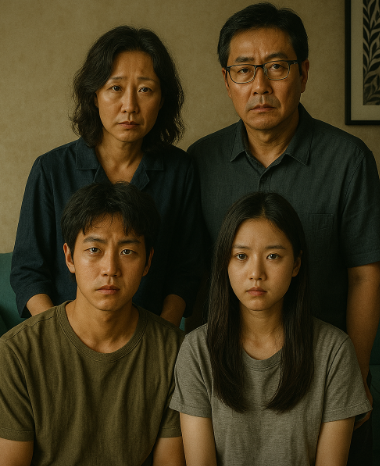Korea, a peninsula filled with rich history, vibrant culture, and modern innovation, offers much to explore. Among Korea’s many intriguing facets, literature and books hold a special place. Korean literature offers a window into the country’s history, culture, and the rapid changes it has undergone over the years. From classical poetry to contemporary novels, Korean literature is as diverse as it is profound.
Understanding Korean Classical Literature
Korean classical literature is a vital part of understanding Korea’s cultural and historical context. Traditionally, this literature was heavily influenced by Chinese literary traditions. However, it developed its unique identity through various forms such as “hyangga,” a form of folk poetry from the Shilla period, and “gasa,” which are extended poems from the Joseon Dynasty. These works not only provide insights into the period they were written but also reflect the values and beliefs that shaped Korean society. Texts like “Samguk Yusa” and “The Tale of Chunhyang” are classic examples that remain popular today in Korea.
The Rise of Modern Korean Literature
Modern Korean literature emerged in the late 19th to early 20th centuries, influenced by western ideologies and various global events. During this period, many writers began to explore themes of social change, identity, and cultural divergence. The introduction of hangul, the Korean alphabet, gave rise to new literary forms and greater accessibility. Notable figures from this era include Yi Kwang-su, who is often credited with spearheading the modernization of Korean literature, and Kim Sowol, known for his poignant poetry that captures the Korean spirit.
Contemporary Korean Novels and Authors
Today, Korean literature is gaining global recognition thanks to authors like Han Kang, whose novel “The Vegetarian” won the Man Booker International Prize in 2016. Modern Korean literature often tackles contemporary issues such as mental health, family dynamics, and societal pressures, all while maintaining deeply rooted cultural narratives. Authors like Kyung-sook Shin, the first Korean and first woman to win the Man Asian Literary Prize for her novel “Please Look After Mom,” provide a voice that resonates with both local and international audiences.
Popular Genres in Korean Literature
Korean literature encompasses various genres, including historical fiction, contemporary drama, and speculative fiction. Historical fiction allows readers to immerse themselves in Korea’s past, with meticulously researched narratives about the Joseon Dynasty or pivotal movements in Korean history. In contrast, contemporary drama often reflects the challenges of modern life in Korea, addressing issues like urbanization and the generation gap. Speculative fiction, though a relatively new genre in Korea, is rapidly gaining popularity, with authors blending traditional folklore with futuristic themes to create unique storytelling experiences.
The Impact of Translated Korean Literature
The translation of Korean literature has opened a window to the world, allowing international readers to access the unique narratives of Korean writers. Translation not only broadens readership but also fosters cultural exchange and understanding. Works such as “Korean Literature: Its Classical Heritage and Modern Breakthroughs” provides comprehensive insights into the trajectory of Korean literary traditions. The success of translated works like “Pachinko” by Min Jin Lee, though written by a Korean American, similarly brings vital stories about the Korean experience to a wider audience.
| Literary Period | Main Forms | Notable Works |
|---|---|---|
| Classical | Hyangga, Gasa | Samguk Yusa, The Tale of Chunhyang |
| Modern | Novels, Short Stories | The Heartless, Azaleas |
| Contemporary | Novels, Poetry | The Vegetarian, Please Look After Mom |
Frequently Asked Questions
What are some key themes in Korean literature?
Korean literature often explores themes of family, national identity, social change, and the balance between tradition and modernity, reflecting both historical and contemporary issues.
How has Korean literature influenced global literary trends?
Korean literature has introduced global audiences to new storytelling techniques and themes, influencing trends in speculative fiction and narratives focused on personal and cultural identity.
Why is translated Korean literature gaining popularity?
Translated Korean literature is gaining popularity due to its universal themes and unique perspectives, as well as the increasing global interest in Korean culture.
Summary
- Korean literature is diverse, with traditions dating back to the Shilla period.
- Modern Korean writers have introduced significant social and ideational changes in their works.
- Contemporary Korean authors are gaining global fame with award-winning novels.
- The translation of literary works has spurred international interest and cultural exchange.
#Korea #KoreanLiterature #Literature #Books #ClassicalLiterature #ModernLiterature #ContemporaryLiterature #Translation #Culture #Tradition #Identity #SocialChange #History #Novels #Poetry #Authors #GlobalInfluence #Hangul #JoseonDynasty #SpeculativeFiction #LiteraryAwards #TranslationImpact #KoreanCulture #Fiction #Readers #CulturalExchange #TraditionAndModernity #GlobalRecognition #LiteraryTrends #StorytellingTechniques #LiteraryThemes
